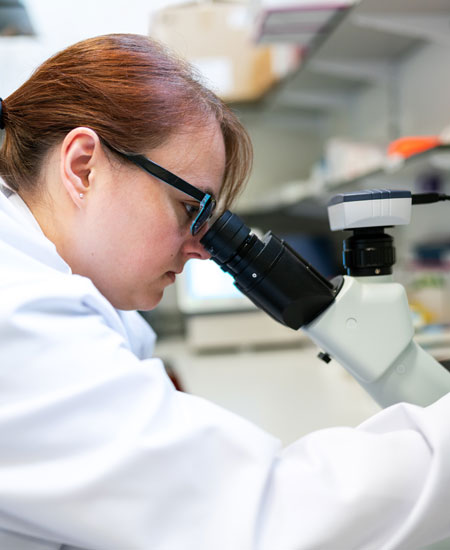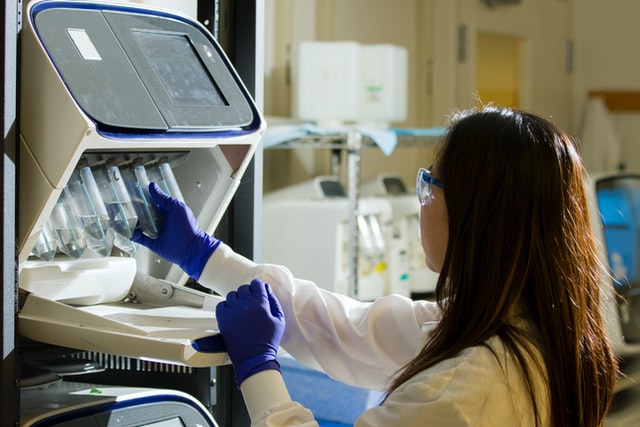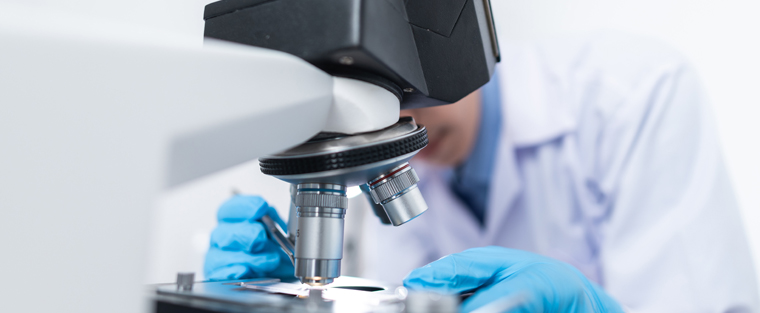Complete Diagnostics Services
- Home
- Complete Diagnostics Services


Diagnostics Physician in Dyersburg, TN
Do you require lab testing? Come to Hometown Urgent Care for fast and easy results. Our professional staff are here to help you get the answers you need. Call today or schedule an appointment online with our diagnostic physician.

- On Site X-rays
- On Site Labs
- EKGs
- Drug/Alcohol Screening
- Vision Exam/Screening
- Health Screenings
- Complete Laboratory Services
What is a diagnostic process?
The Medical History
The first thing your doctor will do is get your complete medical history. This involves collecting information about any past or current symptoms, any diseases that affect your family members, and collecting any other information that will prove helpful, such as prescribed medications. You might think that lab tests and other diagnostic tools are more important than your medical history, but your medical history can carry important clues that your doctor might need. The doctor will also ask you about how you are feeling, how long you have been feeling that way, and any external influences that may be factors. This gives your doctor a good foundation to work upon and move forward from.
Performing Diagnostic Tests
The next step in the diagnostic process is to perform testing. By this step your doctor should have a good idea of what the diagnosis is and the tests that are run are simply used for confirmation of this diagnosis. However, there are other times that your doctor may not be quite sure and the tests are used to rule out certain diagnoses to narrow the focus to a few possible options. Occasionally, your doctor may order an MRI, which is a magnetic resonance imaging test to aid in forming a diagnosis.
The Physical Exam
After speaking with your doctor, they will examine you physically. This includes collecting your vital signs like your temperature, pulse and blood pressure. These measurements are able to provide an abundance of information to your doctor. Collecting your vital signs, such as blood pressure, pulse, and temperature can help assist in the formulation of diagnoses.
Drawing Conclusions
After all of these steps have been completed, it is time to compile it all together to form the official diagnosis. Although this is sometimes a fairly straightforward procedure, other times it may require a few runs through the diagnostic process.
Why are diagnostic tests important?
Diagnostic tests assess whether a person has a specific condition, biomarker or genetic predisposition, and are usually conducted on a sample of blood, urine, stool or tissue. Making them less visible and their role less well known, they are often conducted away from the patient in clinical laboratories. As more and more tests are being created for at-home use, this too is changing. From pregnancy tests to diabetes monitors, diagnostic tests are enabling patients with information about their health and provide doctors the tools that they need to choose optimal treatments for the people in their care.
If you or someone you know is unsure of how to diagnose their symptoms, and to get professional testing done, come to Hometown Urgent Care today! Our team of professional and caring staff are experienced in diagnosing a multitude of symptoms, and can give you the answers you need! To get in touch with a specialist, contact our office today. Call us to schedule an appointment, or you can visit us online!

